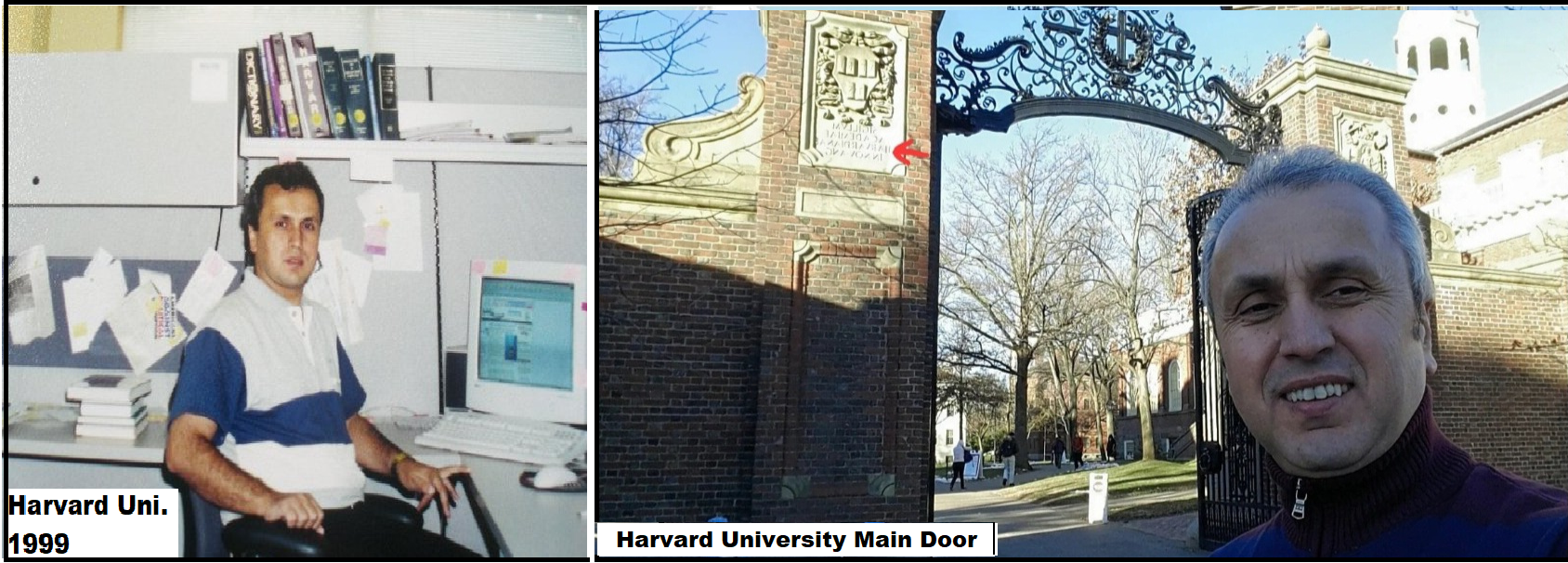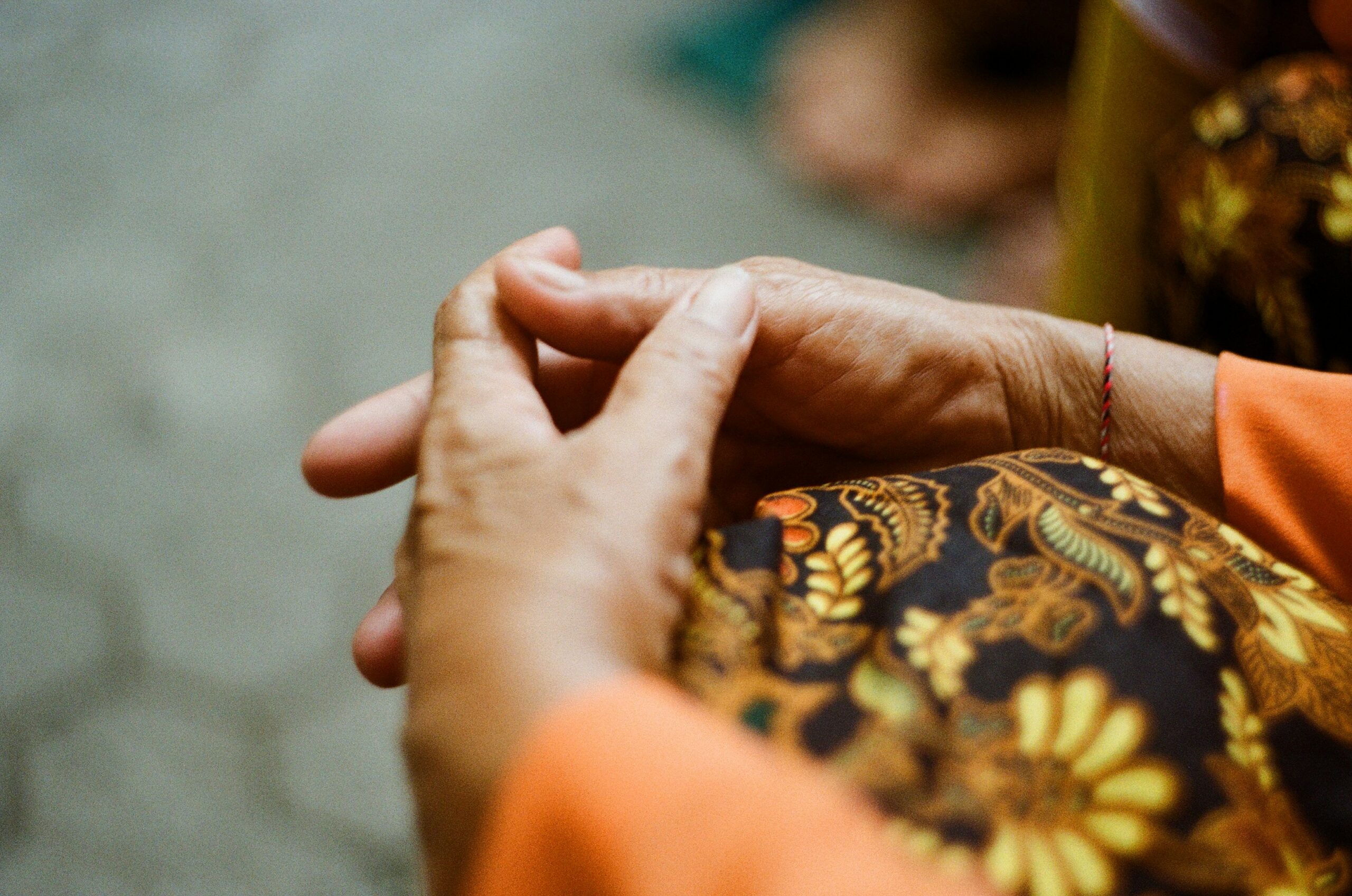Viewpoint
If only one language was spoken in the world…

I never forget. We were in a program at Harvard University in 1999. A question was asked: “Would you like to see only one language spoken in the world?” The majority of the academics in the room were not American-born. Most of them probably learned English later. But especially if you are in the academic world, you need a more perfect English and you constantly try to improve your language to be successful. When you look at it logically, if only one language was spoken in the world, there would be no need for such an effort, and the language problem would be solved for everyone from the very beginning.
That day, everyone there took turns speaking. Everyone in the room objected to a world where only one language was spoken. Not a single person expressed an opinion about the advantages of speaking a single language. No matter what language they spoke, everyone wanted their native language to survive and continue. Whenever this memory comes to my mind, I think about the great richness of the multilingual and cultural world.
You cannot express your true feelings as effectively as in your native language in any language learned later. When you speak in your native language, your looks and body language complete the message you want to give when words are not enough. Your native language is largely the language of your emotions, and your second language is your language of communication. You can express your joys and sorrows in the most natural and clear way in your native language. Speaking one’s native language has a content and expression ability as natural as communicating with one’s mother.
Unfortunately, the colonial period over the last five centuries has destroyed many local languages. Colonial countries imposed the languages they spoke there. The fact that the official language in many African countries today is the same as the European country that exploited that country in the past is proof of this.
This was not the case only during the colonial period. We see examples of this in oppressive regimes in many parts of the world. For example, during the Cold War, different nations within the borders of the Soviet Union paid a heavy price for this. Even today, Uyghurs and Tibetans in China struggle to keep their languages and cultures alive.

Ahmet Kaya
More than 25 million Kurds live in Turkey, where I was born and raised. I’m a Turk. I have Kurdish friends. I’m almost 60 years old, but I don’t know a single word of Kurdish. Even though we live in the same country, our confrontation with Kurdish has been obscured. Writing, speaking, singing in Kurdish and hanging signs in Kurdish in front of workplaces were banned for decades. There are still serious obstacles in this regard. Kurds who do not speak Turkish have difficulty expressing themselves in courts. Turkish artist of Kurdish origin, Ahmet Kaya, was lynched in the art circles and media because he spoke two sentences in Kurdish in front of the cameras. He escaped from Turkey and went to Paris. He died of sadness in Paris at the age of 43.
The cultural differences of societies are the wealth of all humanity. Efforts should be made to develop it, not to destroy it. One day, a cloth banner hanging on the wall of Trinity St. Paul Church caught my attention. On it was written a verse quoted from the Quran, the holy book of Muslims. What was written there was: “God says; “I created you into different cultures and nations so that you could get to know each other better.“
So, if humanity were a single nation, it would not be easier for us to know each other. Diversity brings with it interest and curiosity. Our interests focus on things that are different, not on things that are the same. As a matter of fact, when people plan a trip for tourism purposes, they want to visit different cultures and places rather than traveling within the borders of the countries they live in.
The destruction of a language is the destruction of a culture. There is no difference between cutting out a person’s tongue and destroying the language of a nation. Languages are the common values of all humanity. Joint efforts must be made for languages to survive.
By Osman OZSOY




